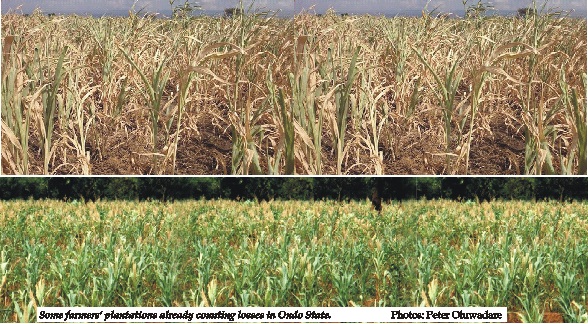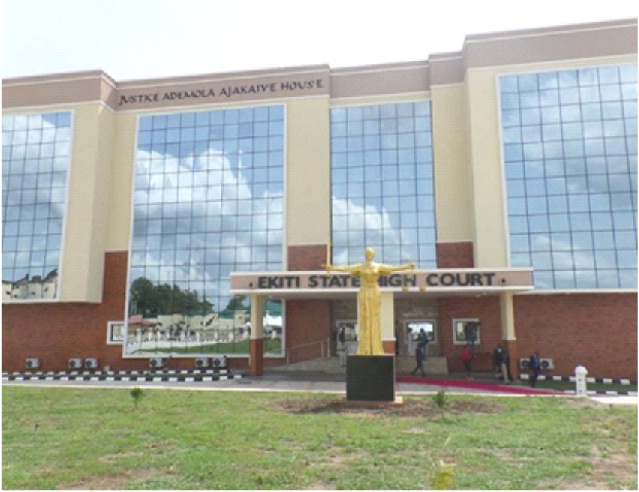Flop In New Naira Notes Disbursement
ON October 26 this year, Governor of the Central Bank of Nigeria, Godwin Emefiele, announced that new naira notes would be introduced to replace the current N200, N500, and N1,000 notes and the disbursement of the new currencies would take effect from Thursday, December 15, 2022. The CBN added that the old versions of the identified notes would cease as legal tender by January 31, 2023. This is to be followed by limited cash withdrawals with N20,000 set as daily maximum.
REASONS for the redesigning are: to unearth money stolen and stashed by corrupt people, curtail ransom payment to kidnappers, lower inflation rate, control the amount of money in circulation, promote cashless economy, address shortage of clean and fit banknotes and curtailing counterfeiting, among others. Emefiele noted that “although, global best practice is for central banks to redesign, produce and circulate new local legal tenders every five to eight years, the naira has not been redesigned in the last 20 years”.
FINANCE Minister, Zainab Ahmed, was the first to counter the CBN’s move, claiming the apex bank did not consult her ministry. This was followed by the argument of a human rights activist, Femi Falana that the decision to redesign the naira notes was illegal. Citing section 59 of Nigeria constitution, Falana claimed that the CBN must get the endorsement of the National Assembly before money not covered in the annual budget is touched but the CBN claimed it is an independent body from the Ministry of Finance and in line with the provisions of Section 2(b), Section 18(a), and Section 19(a)(b) of the CBN Act 2007, it had duly obtained the approval of President Muhammadu Buhari.
AS much as the redesigning of the naira notes is considered an economic sanctification strategy, the disbursement is a flop. With December 15 for the commencement of the disbursement of new notes and January 31, 2023 as termination date for old notes, our expectations are that the new notes would have been circulated to every commercial bank in the country as at midnight December 14 to 15 and all automated teller machines would have been duly reconfigured and loaded.In contrast, observations across banks on December 15 and 16 revealed otherwise.
MANY of the banks had run out of the few new notes given to them while some branches had no new note for disbursement. The cashiers were still giving old notes . At most automated teller machines, only old notes were dispensed with very limited new notes in few of them.
UNINTERESTING reports from some parts of the country, however, showed that some customers rejected the new notes because some traders were not aware of their existence and validity. These can be attributed to lack of proper education and preparedness of Nigerians by the apex bank for the redesigning and disbursement of the new notes.
THIS poor disbursement makes it seem the CBN lacked the wherewithal to ensure efficient and seamless disbursement of the new notes. The implication of the floppy disbursement of the new notes is that the CBN only produced them in very limited quantity. Although this might be a strategy to promote electronic transactions, the Nigerian socio-economic system cannot accommodate such fire brigade approach.
MAJORITY of Nigerians live in the grassroots, with very limited social services needed to aid cashless economy. With high level of insecurity in the country, commercial banks have closed operations in majority of these localities.
THIS complication is coupled with growing cybercrimes in the country. Many customers are losing their hard-earned money to online fraudsters, who are sometimes aided by bank employees. Marketers are being defrauded by ‘fake alerts’ from fraudulent customers and online shopping ‘robbers’ are increasing daily.
TO this end, we plead with the CBN to extend the January 31st deadline to mop out old naira notes. As much as the new notes are not in circulation as expected, there is need to prevent ‘rush hour” at banks and forestall economic complications that can accompany such.
THIS extension should be heralded by proper sensitisation of the Nigerian populace, especially those in the rural areas with limited access to the media. The CBN, in collaboration with National Orientation Agency and other government and nongovernmental bodies, should take the sensitisation to all nooks and crannies of the country. As much as we commend the new monetary policies in the country, we cannot shy away from the realities and the need to do things right.










